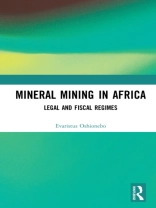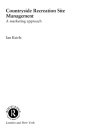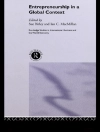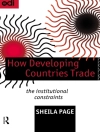Africa is endowed with commercially viable quantities of several minerals and metals, and, more than ever before, African countries wish to harness their mineral resources for their economic development. The African mining sector has witnessed a revolution in terms of new mining codes and amendments to extant mining codes, which are designed to achieve a multitude of objectives, including the assertion of greater control over exploitation of mineral resources; optimization of resource royalties and taxes; promotion of equity participation in mining projects; enhancement of indigenization in the form of domestic participation in mineral production and local content requirements; value addition and beneficiation in terms of domestic processing of raw mineral ores and metals in Africa; and the promotion of sustainable practices in the mining sector.
This book analyzes the legal and fiscal frameworks for hard-rock mining in several African countries including Botswana, Democratic Republic of Congo, Ethiopia, Ghana, Guinea, Kenya, Namibia, Nigeria, Liberia, Tanzania, Sierra Leone, South Africa, South Sudan, Zambia, and Zimbabwe, with reference to other resource-rich countries. It engages in a comparative analysis of mining statutes in Africa with regard to topics such as the acquisition of mineral rights; types of mineral rights; the nature of mineral rights; the rights and obligations of mineral right holders; security of mineral tenure; surface rights; fiscal regimes including royalty and tax regimes; resource nationalism in the mining sector; management and utilization of mining revenues including benefit-sharing arrangements between mining companies and host communities; environmental stewardship; and sustainable exploitation of mineral resources.












